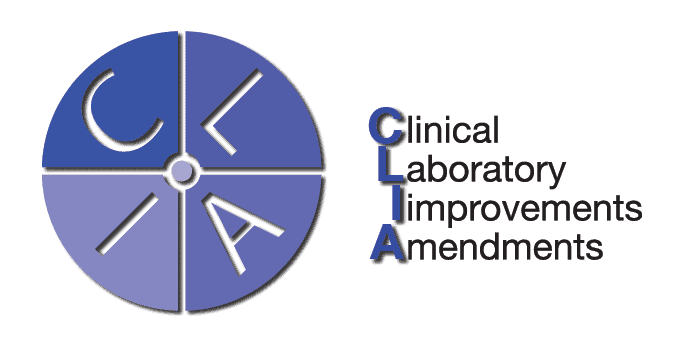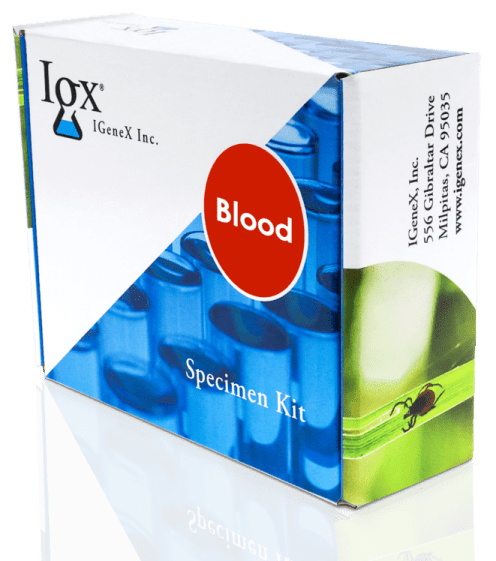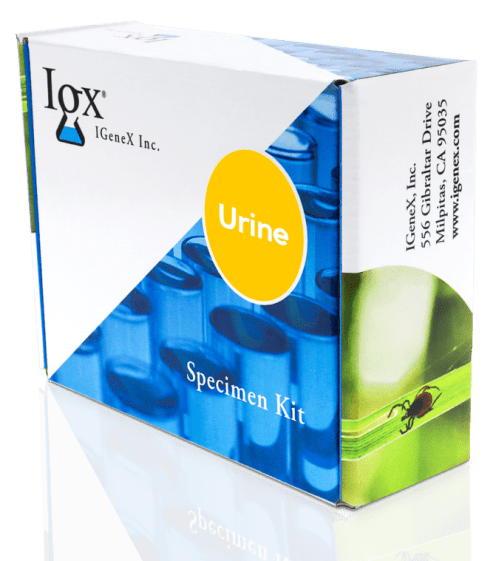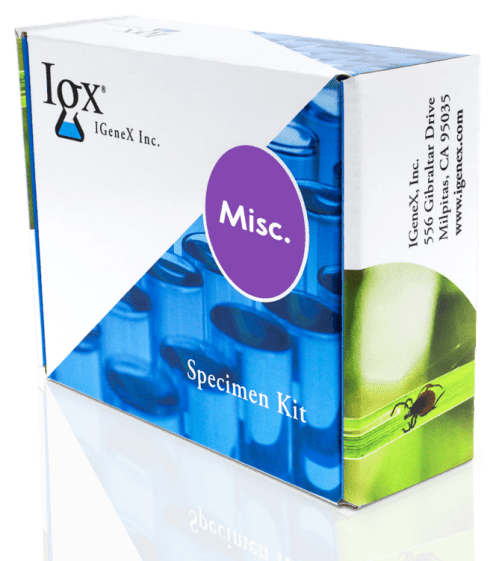IGeneX is a fully certified high-complexity testing lab specializing in Lyme and other tick-borne disease testing.
THE IMPORTANCE OF BEING LICENSED
CLIA certification and state licenses are designed to ensure quality laboratory testing. A CLIA certification – and a state license in states where separate licensure is required – affirms that the lab in question and its personnel pass the standards and training procedures necessary to ensure accurate test results and protect the health and safety of human test clients.
View the CLIA license and supplemental extension.

TYPES OF LICENSES AND CERTIFICATIONS FOR LABORATORY TESTING
Certification
Certification is a type of occupational regulation that can be bestowed by either governmental or non-governmental agencies, meaning there is some variation in the standards upheld depending on the certifying agency. Lab-developed tests in the U.S. are regulated by the government via the Clinical Laboratory Improvement Amendments (CLIA).
CLIA requires clinical laboratories to be certificated by their state as well as the Center for Medicare and Medicaid Services (CMS) before they can accept human samples for diagnostic testing. Currently these tests are filed into three categories based on the complexity of the tests: waived tests, moderate complexity tests, and high complexity tests. IGeneX belongs to the third category.
Licensure
Many states require that even CLIA-certified laboratories obtain separate state licenses. State licensure can be a more restrictive type of occupational regulation, as licensure is only bestowed by governmental agencies.
FDA approval
FDA approval is required for commercially manufactured laboratory tests not regulated by CLIA – i.e., tests marketed and sold to multiple laboratories and healthcare facilities rather than developed in and used by a specific lab or company.
LICENSURE & CERTIFICATION VS. FDA APPROVAL

The Food and Drug Administration (FDA) oversees the approval of commercially manufactured lab tests – that is, tests that are produced en masse and sold to multiple laboratories and other healthcare facilities. These commercially manufactured test kits must be FDA-approved in order to be sold on the market.
The FDA approval process for commercially manufactured tests does not apply to lab-developed tests, which are designed and produced to be used in a single lab or organization, such as those developed by IGeneX. The quality of lab-developed tests is assured through CLIA certification and state licensing requirements.
MEDICARE & LICENSES
Medicare is our country’s health insurance program for people age 65 or older and younger people receiving Social Security disability benefits.
Though CLIA has no direct Medicare or Medicaid program responsibilities, all clinical laboratories must be properly certified and licensed in order to receive Medicare or Medicaid payments.
To learn more about the CLIA program for clinical laboratory tests, visit the CMS website.

Licensing in different states
IGeneX’s CLIA certification applies to all 50 states. However, some states require a separate license in addition to CLIA certification. These include California, Maryland, Pennsylvania, New York, and Rhode Island. Click a state below to view the license for that state.
INSIDE THE LAB
The IGeneX laboratory meets CLIA and CDC guidelines for a high complexity testing laboratory. The lab has over 10,000 sq. ft. of space equipped with state of the art testing equipment and expertly trained staff. All IGeneX personnel are trained in handling clinical samples properly.
GET STARTED WITH IGENEX TODAY
The first step in getting tested with IGeneX is to order a test collection kit. Choose between a Blood, Urine, or Miscellaneous kit, depending on the test you will be doing. The Blood Kit is the most common, and works with 95% of tests. Doctors can order unlimited quantities of kits at no charge. Patients are required to deposit $20, which is applied to the testing fees.













